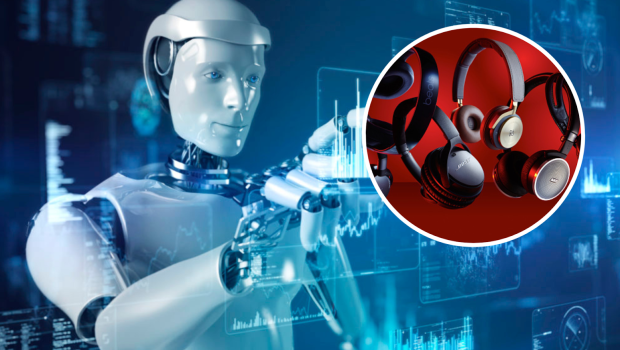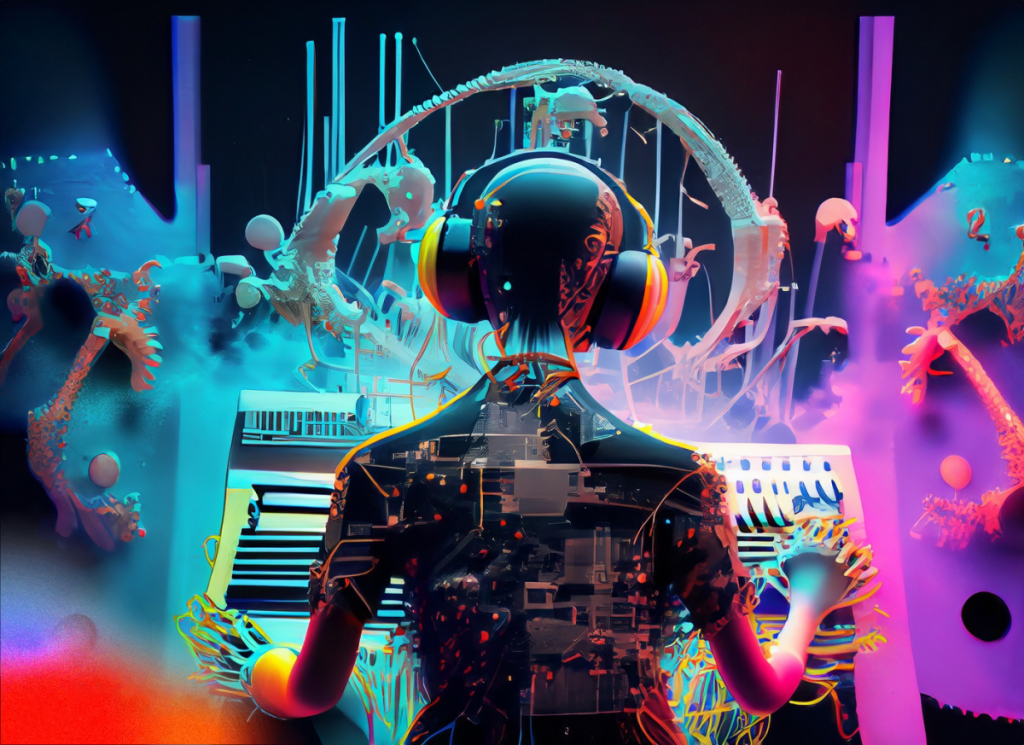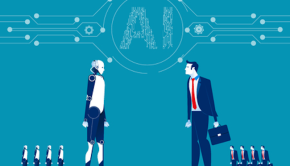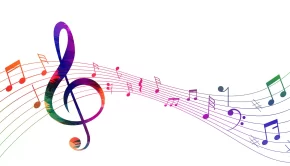The Role of Machine Learning in Creating New Genres
One of the wonders of artificial intelligence and machine learning has become music. AI doesn’t just copy or improve famous tracks, it can even create new trends and genres. If we are talking about human-machine collaboration in art, then such cooperation will become more global and widespread. This applies to music and most other forms of art. Today you can get acquainted with the AI-driven genre creation using the example of existing work using ML and AI.
How Does AI-Generated Music Work?
AI-generated music is a cutting-edge technology that utilizes artificial intelligence algorithms to create new songs, mimicking the exact tempo, pitch, and range of existing music tracks. To generate songs, the AI platform takes input prompts, such as desired emotions (happy, sad, melodic, or 1980s vibe) or genres (alternative rock, pop, or EDM), and manipulates data.
In most cases, the AI platform recreates the sound of instruments such as bass guitar, modes, and drums. These instruments can be isolated or combined according to the musician’s desired operatic flows.
Benefits of AI-Generated Music
AI-generated music provides a multitude of advantages for artists and consumers alike. Let’s explore some key benefits:
- Time and cost savings: AI music generation automates repetitive tasks, such as composing chord progressions or harmonies, freeing up artists to focus on complex and creative aspects of music production.
- Personalized music experiences: AI algorithms analyze individual listening preferences, moods, and contextual information to create personalized music recommendations and playlists.
- Preservation of musical heritage: AI can analyze and study historical musical compositions, providing inspiration from different eras and styles.
- Singers and musicians can overcome art block by utilizing scientific progressions to create melodies and tackle difficulties while composing new music.
- The quality of the listening experience is enhanced as the AI model analyzes the structure, pattern, and lyrics of the fed music, resulting in improved output quality over time.
Where is the Impact of AI Most Noticeable?
Something has not changed over the past decades and this is advertising. No matter how powerful the collaboration between algorithmic aesthetics and music is, we are still forced to see advertising. If you want to go further, you can remove ads in Safari using additional software. It could be VeePN – this is a VPN that unblocks foreign streaming sites, protects against cyber threats, and blocks ads.
#1 EDM (Electronic Dance Music)
Generative AI finds a natural pairing with EDM due to its reliance on synthetic sounds and beat patterns. Soundful’s AI music generator empowers creators to effortlessly generate EDM tracks filled with pulsating energy, driving rhythms, and the exhilarating “drop” that ignites crowds. These pulse-pounding beats and hypnotic synth lines seamlessly blend into nightclub or music festival environments with just a click.
#2 Ambient Music
Generative AI models have fueled a surge in the popularity of the ambient genre, characterized by its emphasis on tone and atmosphere over traditional musical structure. Soundful’s AI is the most accessible and functional tool for creating ambient tracks. It has many advantages, but the most valuable thing is that it has many subtle tools for creating atmospheric compositions. Music creators can choose the optimal tone for a composition and send the listener to another world.
#3 Orchestral Music
Generative AI can create emotion-driven music, making it perfect for film scores and orchestral pieces. Soundful’s AI technology can produce sweeping symphonies or intimate, minimalist compositions that cater to the specific emotional requirements of a film. This revolutionary ability to quickly and efficiently generate unique and mood-appropriate music transforms the process of score creation.
#4 Pop Music Generation
The modern music industry relies heavily on pop music, known for its catchy melodies. Soundful’s AI, which has been trained using high-quality sounds and music-theory algorithms, generates pop tracks that blend the familiar with the unique. Aspiring artists can utilize this perfect tool to expedite their music creation journey.
Future of AI-Generated Music
Platforms like Apple Music and Spotify are investing in AI tools to create music rather than distributing songs from other artists and labels. This shift aims to personalize their app interfaces and cater to their audiences.
However, the question of AI music’s legality has sparked numerous debates. While AI creators and music distribution platforms cannot be stopped from utilizing technology for financial gain, legal action or copyright claims could potentially shut down their operations entirely.
Despite these legal concerns, music creators will continue to employ AI to enhance their compositions. As AI tools gain access to more factual information and structures, their craft will undoubtedly improve over time.
Finally
Music performed by artificial intelligence or with its participation is a new genre in itself. It can be integrated into other directions or even create a separate flow and this is not so important. In any case, the best results are achieved only with human participation. If we manage to see a boom in good songs and an increase in the quality of tracks, then we will only be in the black. This will not decrease the value of the authors, but listeners will be able to get a larger selection of cool tunes.
Tweet



































